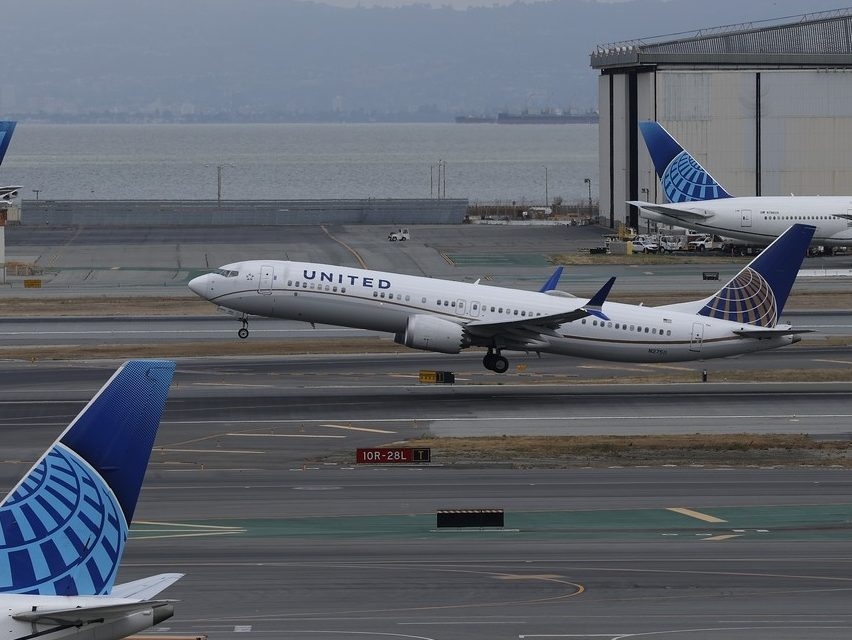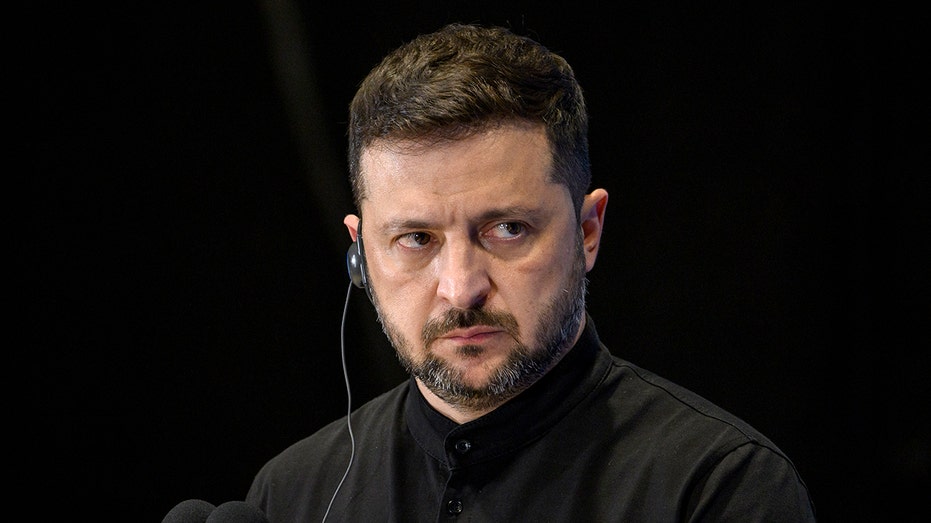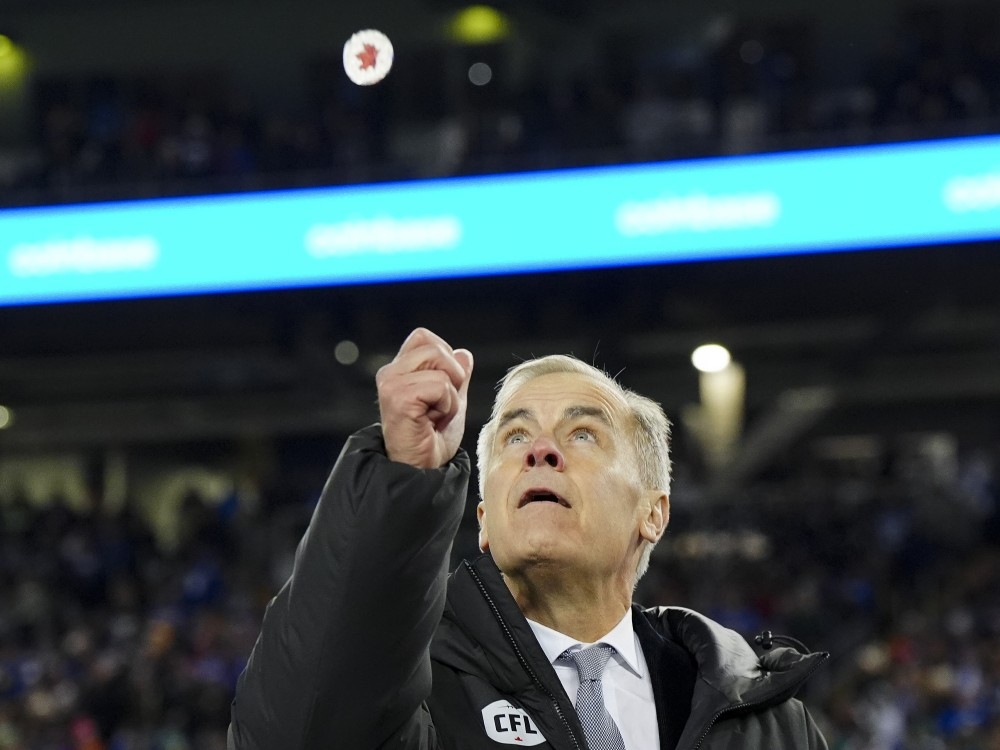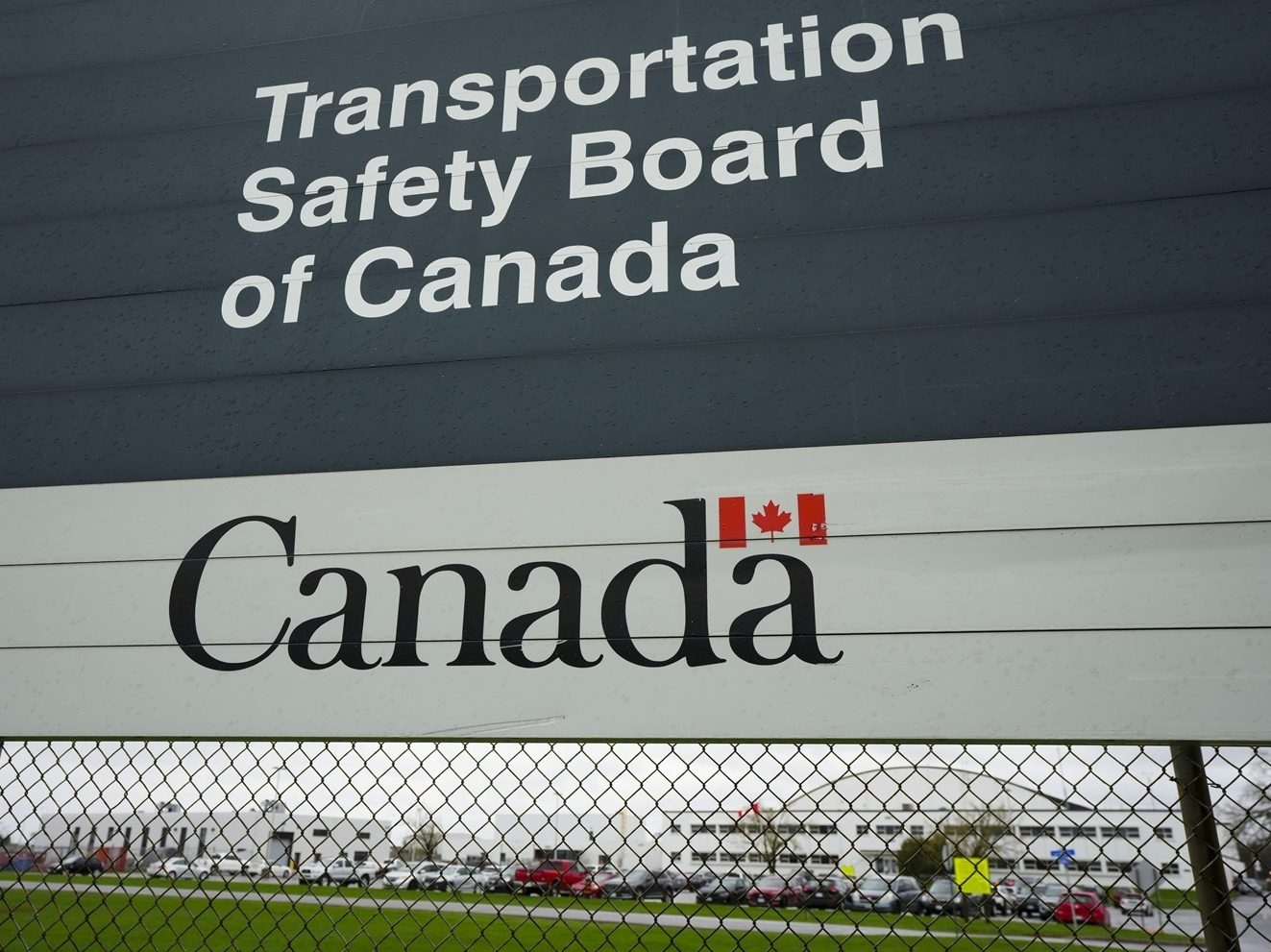The world’s most advanced aircraft carrier, the USS Gerald R. Ford, has arrived in the Caribbean Sea, a dramatic display of American military strength that has ignited a wave of uncertainty and apprehension throughout South America.
The deployment coincides with a significant increase in U.S. military presence, now totaling around 12,000 troops deployed across nearly a dozen Navy ships – an operation dubbed “Operation Southern Spear.” This buildup began in early September, and has already resulted in at least 80 deaths in 20 separate incidents involving small boats suspected of drug trafficking.
While the administration insists this is a counter-narcotics operation, the arrival of the Ford – a 100,000-ton behemoth capable of projecting power deep into enemy territory – is widely viewed as a calculated escalation of pressure against Venezuelan President Nicolás Maduro.

Rear Admiral Paul Lanzilotta, commander of the Ford’s strike group, stated the carrier’s purpose is to “protect our nation’s security and prosperity against narco-terrorism.” However, the administration has offered no concrete evidence linking those killed at sea to terrorist organizations, fueling skepticism about the true objectives.
The Ford’s presence is particularly unsettling given the U.S. government’s refusal to recognize Maduro as Venezuela’s legitimate leader, following accusations of a stolen election. Critics allege Venezuela’s government actively collaborates with drug traffickers, painting a picture of a nation deeply entangled in the illicit trade.
Maduro vehemently denies these accusations, claiming the U.S. is fabricating a pretext for intervention. In response to the growing U.S. military presence, Venezuela has announced a “massive” mobilization of troops and civilians, preparing for a potential conflict.
President Trump has asserted the U.S. is in “armed conflict” with drug cartels and has even suggested military action could extend beyond naval strikes to include targets on land. This declaration has drawn criticism from regional leaders, the United Nations, and even members of his own party.
Despite concerns, recent votes in the Senate have rejected legislation that would have limited the President’s authority to launch an attack against Venezuela without congressional approval, signaling a willingness to allow the executive branch significant latitude.
Experts are divided on whether American warplanes will ultimately be used to strike targets within Venezuela, but the message sent by the Ford’s arrival is undeniable. As one analyst put it, “This is the anchor of what it means to have U.S. military power once again in Latin America.”
The region now holds its breath, anxiously awaiting the next move in a situation fraught with risk and the potential for widespread instability. The Ford’s presence isn’t just a show of force; it’s a stark warning, and a signal that the stakes in the Caribbean have never been higher.




